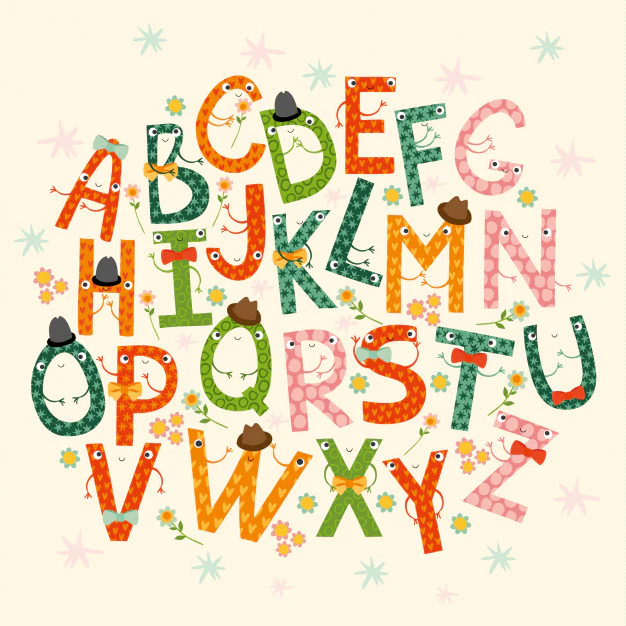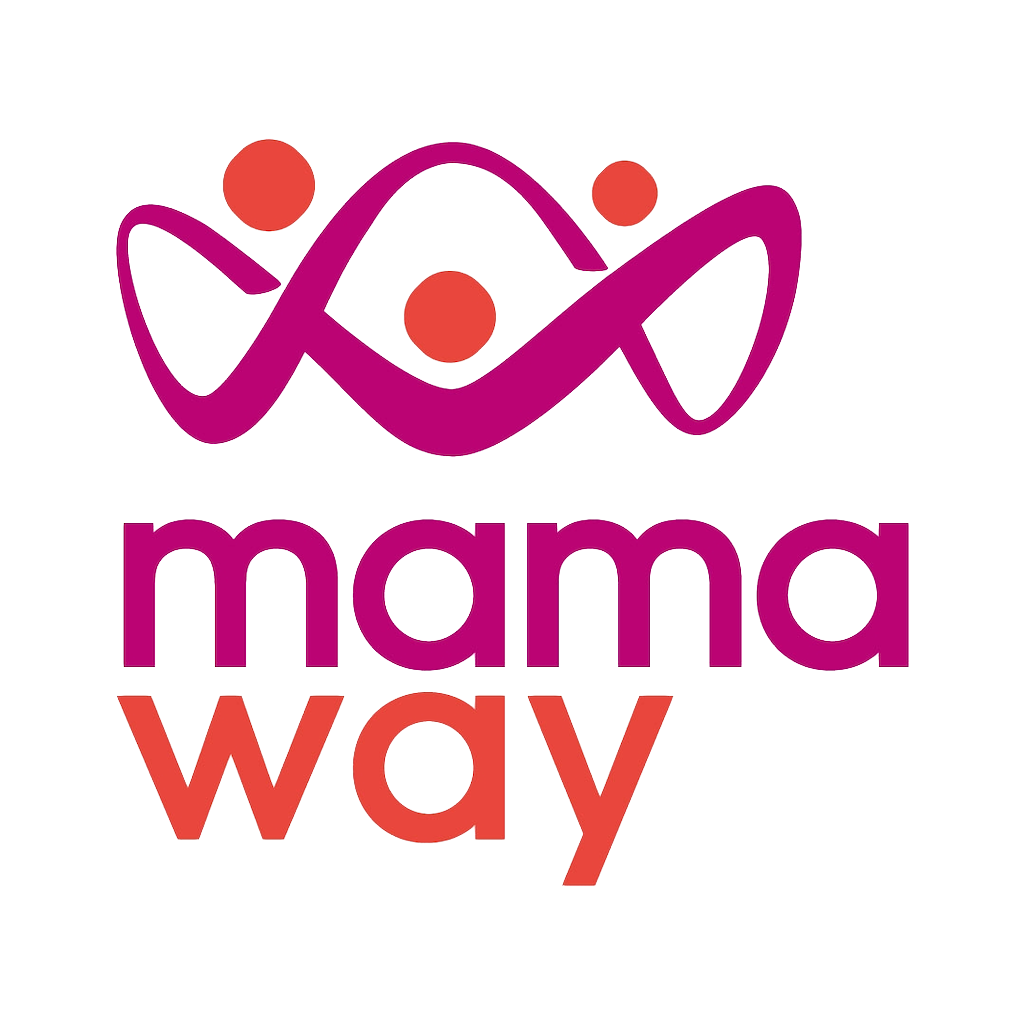Having a baby is one of the most exciting times of your life! As you gradually begin to adjust to the life of being a parent, are you eagerly awaiting for your baby’s first words? What are some language development milestones for baby and toddler? Thankfully, Kiddy123 provided some tips to accompany you and your baby through this talking journey!
“My infant is almost two years old. However, he still babbles as if he speaks alien language. What really worries me is that he still doesn’t utter MOMMY or DADDY at all. Until when should we wait for these two magical words to come out from him?” – From: Distressed Mom
Generally, the first three years of your baby’s life is the most crucial period to learn to talk, as the baby’s brain and neuron is actively developing. Whether he can develop his language skills early or later, it really has to depend on both your “baby talk” skills and your baby’s learning abilities.
Explore Your Baby’s Talk Journey (Source: Kiddy123)
| Developmental Stage | Baby’s Talk Progress |
| 0 month | Baby cries, and you comforts him – this lays his foundation for communication and language. |
| 3 months | Responds to your voice, as well as the sounds from surrounding, and watches your face as you talk.Connects what he hears and what he does with mouth.Begins “cooing”(murmuring fondly and happily). |
| 6 -9 months | Begins babbling with different sounds, or more precisely, different syllables, such as “ba-ba” or “da-da”.Responds to his name and simple words such as “no” and “bye”, etc.Conveys his happy or upset emotion through his tone of voice. After ninth month, he is able to use more consonant sounds and voice tones. |
| 12 months | Can utter simple words such as “mama” and “dadda”.Baby knows what he’s saying and understands short sentences, such as “Please put that down.” |
| 18 months | Capable of mumbling more simple words,.Points to things you name for him.Repeat words or sounds they hear you say- often without endings or beginnings of words. (eg: He may pronounce “cat” for “ca”, or “monkey” as “ki”) |
| 2 years | Able to come up with short phrases of two to four words, such as “Mommy bye-bye” or “me milk.” |
| 3 years | Knows more vocabularies.Learns abstract language, such as “now”, “happy”, “there”, etc. |

Step-by-step to help your baby talks
Accompanying your baby to learn to talk can be an exciting journey. Neither does it require you to have a Degree in Linguistic, nor to sacrifice your job just to teach your baby. The following suggestions may offer you some ideas on how to go about it:
a) Listen, prattle, and listen!
Everybody enjoys to be listened to- same way goes to your infant. Pay more attention to his cooing and babbling, and then repeat the same sounds back to him. When he babbles “ge ge”, you may reply him with the same sound, or reply him with “Hi, ga ga”, which makes learning much more enjoyable. Once you engage yourself in his “baby talk”, take the opportunity to teach him some simple words like “dog”. You’ll be surprised at how eager they are trying to imitate the words and voices from you!
b) See it, point it, and name it!
Make full use of the objects around you. By holding or pointing an object, you say its name and colour aloud to your infant. During mealtime, for instance, you can say “This is the spoon,” as you pass the spoon to him. Repeat the word as many times as possible. When he is able to point, ask him, “Can you point the spoon to me?” This can reinforce his learning.
c) Narrate
Don’t just stop at level of reading together with your infant- though this can spark off his lifelong passion for books. Create the moment to narrate during playtime or when you are doing housework. For example, when he gets hooked on his toy animal farm, you can play around with his toy cow and say, “Cow is playing with hens. ‘Moo’ says the cow.” Help him to link words to the objects and make the story goes on- but pause yourself to allow him to say the word. Let him taste the thrill of getting the word out of his brain. This will help him to relate the words to these objects- and these experiences will enhance his memory about the words!
d) Silly your way!
It just feels as if we are back to our childhood time when we have fun with our child. So, don’t care too much about your image, and play heartily to engage with your little one! Games like “peek-a-boo” and “play pretend” help him to acquire the necessary elements in striking good conversation, namely listening and turn-taking.
By the way, there’s a tip for you if you can’t wait to hear the “magic words”- “Mama” and “Papa”-from your infant! You can try “Mama” game with him. This is a game that my mom played with my youngest brother before. Just as how you teach other names by constantly labelling the objects, you have to play with your infant so that he labels you as “Mama”. So what she did, was to place my brother in a confined area, and found herself somewhere to hide, to say behind a closed door or crib. Then, with playful tone of voice, she modelled calling “Mama, mama…” for several times. After that, excitedly she jumped out in front of his sight with a delighted shout, “Mama!” Laughter and thrill always kept their spirit up. What’s more important, my younger brother finally said the “magic word” after a few times playing it!

e) Rhyme the rhythms!
Having a soft spot for music, singing definitely is a terrific way to enchant your infant with the world of sounds and words. Stock up on the nursery CDs and play the songs daily- don’t forget to sing along with him!
f) Prompt for memory!
When your little one has bigger store of words, prompt him to describe pictures in the book that you read together with him. This serves to reinforce his memory about the vocabularies he learnt.
g) Trial and error!
When your infant starts to say simple sentences, try to repeat his sentences, but in more complicated ways. When he says “Kitty meow,” you can reply him, “Yes, Kitty is meowing.” Only when your infant can catch up with complex sentences, then it’s time to for you to have real conversation with him. It is a good start, but don’t rush him into things. Refrain yourself from correcting him. He deserves a big clap when he says “Mommy goes to shopping.” What you can-and should only-do, is to repeat the sentence in proper way, “You’re right. Mommy went shopping.”

Doing some silly mistakes deliberately for him to correct you can be interesting too. You can simply put a cap on his head and say, “What a nice pant on your head!” Learning will come just after a hearty laughter!
Just as a gentle reminder, every child develops at his own rate. Your infant will just need to take his time to say the “magical words”. It doesn’t really matter if your child is an early talker or later one, as it seldom affects his communication skills in the future. What you should do is to communicate with your child more from time to time, then the more language skills he’ll learn.
For more tips on Early Childhood and Parenting, visit Kiddy123!

Leave a Reply